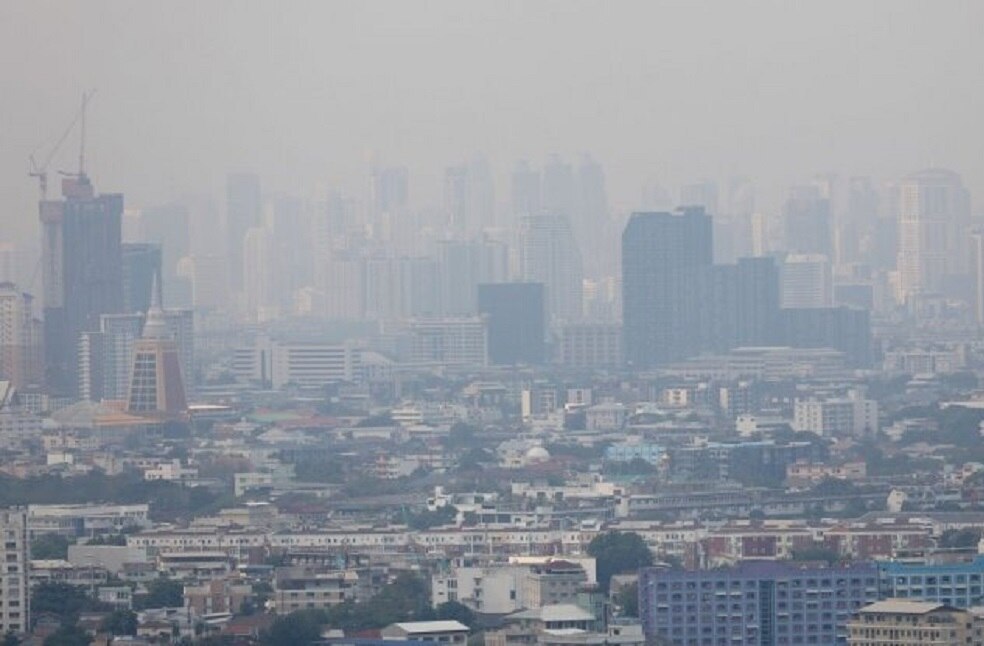United States: A new study has stated that the number of people killed or disabled by certain heart problems caused by exposure to air pollution, particularly particle pollution, has risen by 21 percent since 1990.
Particle pollution, also known as PM2.5 or particulate matter pollution, consists of tiny solid and liquid droplets in the air, originating from sources like coal plants, vehicles, agriculture, and wildfires. Despite its invisible nature (1/20th of a human hair’s width), PM2.5 can bypass the body’s defences, entering the lungs or bloodstream. It causes irritation, inflammation, and various health issues, including respiratory problems, heart problems, cancer, dementia, and depression, due to long-term exposure.

For the new study, published in the Journal of the American Heart Association, researchers analysed nearly 30 years of death and disability data from a research set called the Global Burden of Disease 2019.
The data tracked two heart-related problems: strokes and ischemic heart disease, a condition in which the heart can’t get enough blood and oxygen, largely because of plaque buildup in the arteries.
The researchers found that the total number of premature deaths and years of heart disease-related disability that can be attributed to particle pollution exposure rose from 2.6 million in 1990 to 3.5 million in 2019. There was a 36.7 percent decline in premature deaths alone in that time period, but that wasn’t all good news.

“The declines in deaths may be considered positive news, as they indicate improvements in health care, air pollution control measures, and access to treatment. However, the increase in disability-adjusted life years suggests that although fewer people were dying from cardiovascular disease, more people were living with disability,” study co-author Dr. Farshad Farzadfar, a professor of medicine in the Non-Communicable Diseases Research Centre of the Endocrinology and Metabolism Research Institute at Tehran University of Medical Sciences in Iran, shared.
The study found that men were much more likely to die from particle pollution exposure than women. According to the analysis, richer countries had the lowest number of lost years of life due to this pollution, but they also had the highest number of people who lived with heart-related disabilities.



